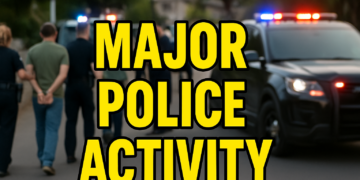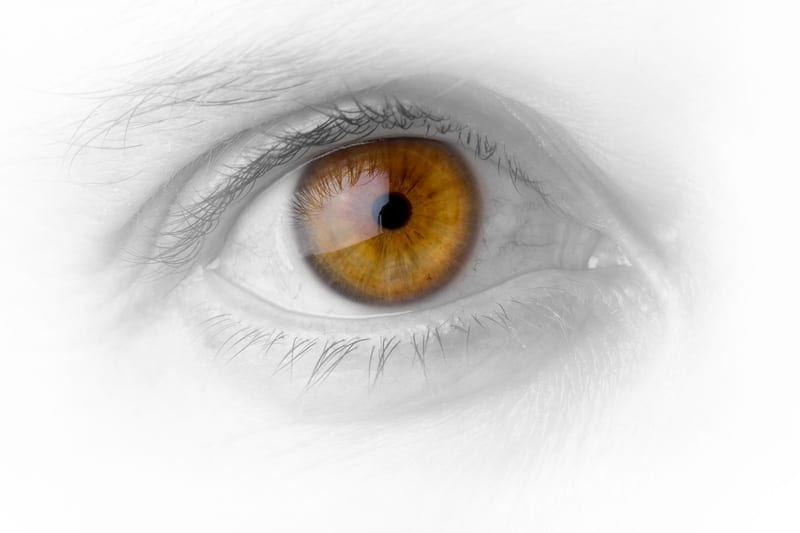Importance of Eye Witnesses at a Crime Scene
Weight of Witness Testimony on Crime Investigation
Once crime scene investigators have scoured the scene for physical evidence that will provide clues to indicate what transpired before the crime happened, they then turn to find eyewitnesses to the crime. There were several criminal cases before that were solved due to testimonies provided by witnesses to the crime, provided that it is associated with the evidence found at the crime scene.
Some courts favor witness testimony as a crucial factor that could move a crime forward. As long as it coincides with the physical evidence gathered at the crime scene, it has the potential to put criminals behind bars. But still, there is a bigger question of whether the person giving testimony is telling the truth or not. Forensic experts and investigators have come up with a more valid approach to how they can utilize testimonies provided by eyewitnesses to the crime to move the case forward.
Analyzing Eyewitness Testimony
Expert crime investigators have encountered several eyewitnesses providing testimonies for certain crimes. Throughout the years, they were able to adapt a technique that allows them to identify testimonies provided by eyewitnesses to see if there is any truth to the statements they have provided for crime officials. This is crucial because any wrong assessment of evidence provided and found can lead to an innocent individual suffering from a crime that another has committed. More than the need to serve justice for the crime committed on a person, this is one other motivation for crime scene investigators to be able to reveal the truth.
Eyewitnesses utilize their sense of vision in coming up with the facts provided at their testimony. Therefore, crime scene investigators try to assess innocence or guilt on the witness when delivering their testimony. Eyewitness identification aims to unveil two things: either the supposed eyewitness is honestly confused or if they are just being plain dishonest about the statement provided.
Accuracy of Eyewitness
Crime scene investigators and analysts utilize only the evidence available to them in coming up with a verdict. Therefore, wrong verdicts can be pointed towards a lack of valid evidence or witness testimonies. And yet, witness testimonies are the subject of recent debate about its role in solving crimes. There are different factors that could impact the truth behind the testimonies provided by eyewitnesses to crime scene investigators.
Role of Memory
• Capacity for retaining details, especially specific ones. Most people who witness a crime are unable to recall the exact details of the crime that they witnesses, only able to remember general ones. Human memory does not have the same advanced abilities such as a video camera wherein you can replay it over and over, and it will still be able to retain a clear picture of the scene they witnessed.
• Feeling of fear. The constant feeling of worry or fear of being tracked down by the criminal responsible for the crime could often play within the witness’s mind. Therefore, it reduces their capacity for memory and makes them uncooperative at solving the crime at hand.
• Missing details. When you witness an event and you are asked to recall it, you often find yourself missing a few tiny pieces that no matter how tiny it can impact the whole event. It is human nature to supply or replace those missing details. In the case of crime scene investigation, supplying details can lead to error.
Conclusions
It is said that “Reality is a Perception“. What we observe and how it impacts our memories is relative to the perceived impact on us, personally. It is entirely possible for five people to witness a crime and give five different accounts of what occurred. Yet, under a polygraph examination, they are all telling the truth.
Without a doubt or hesitation, if you witness a crime, give an honest statement to the authorities. Your eyewitness testimony will be analyzed along with the physical evidence. The justice system will decide what is important to pursue deeper investigation. If you don’t provide information about what you heard or what you saw, this takes away tools for investigators. As the cliche tells us, “If you see something, say something.”
Importance of Eye Witnesses at a Crime Scene
















































































